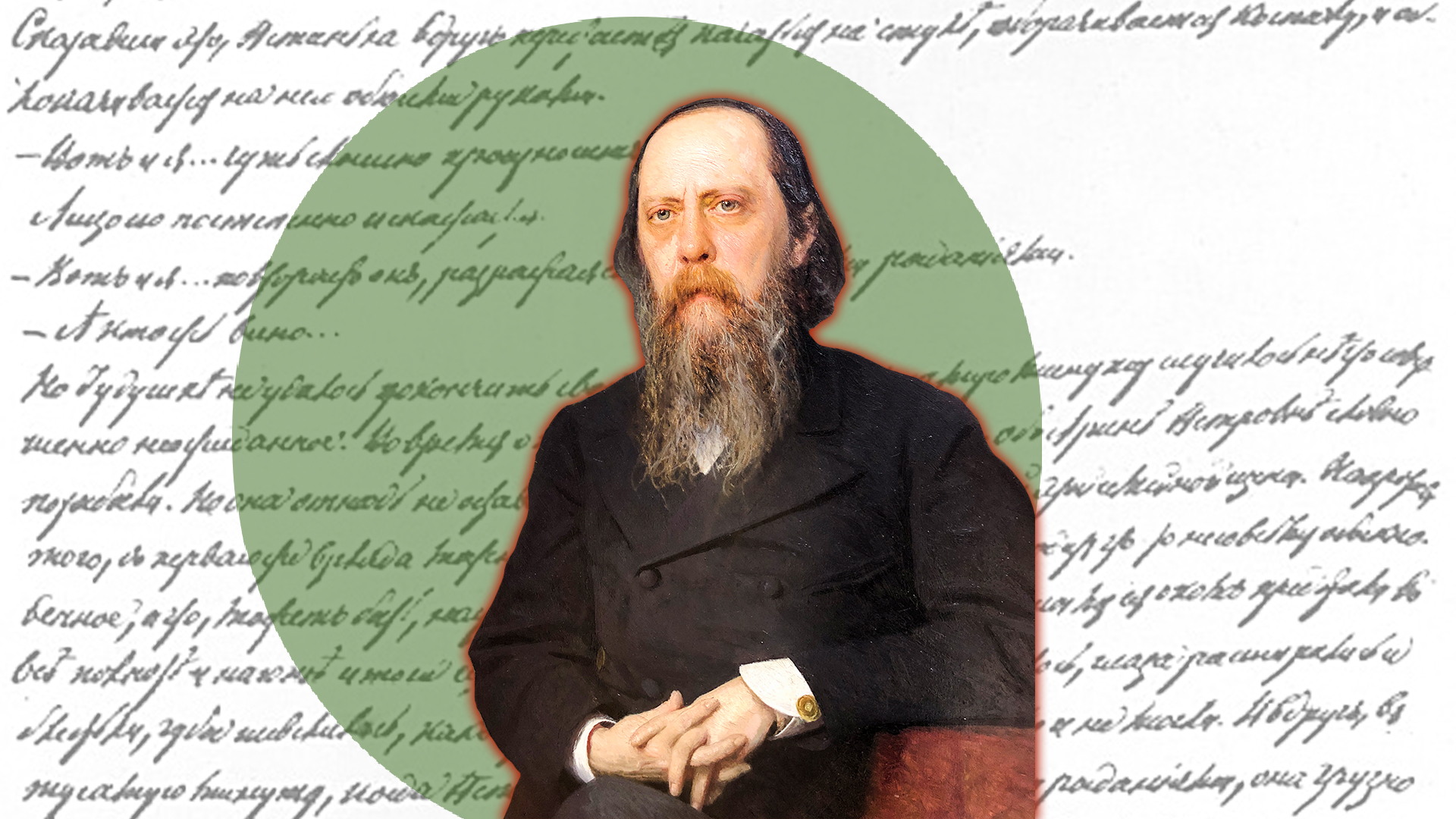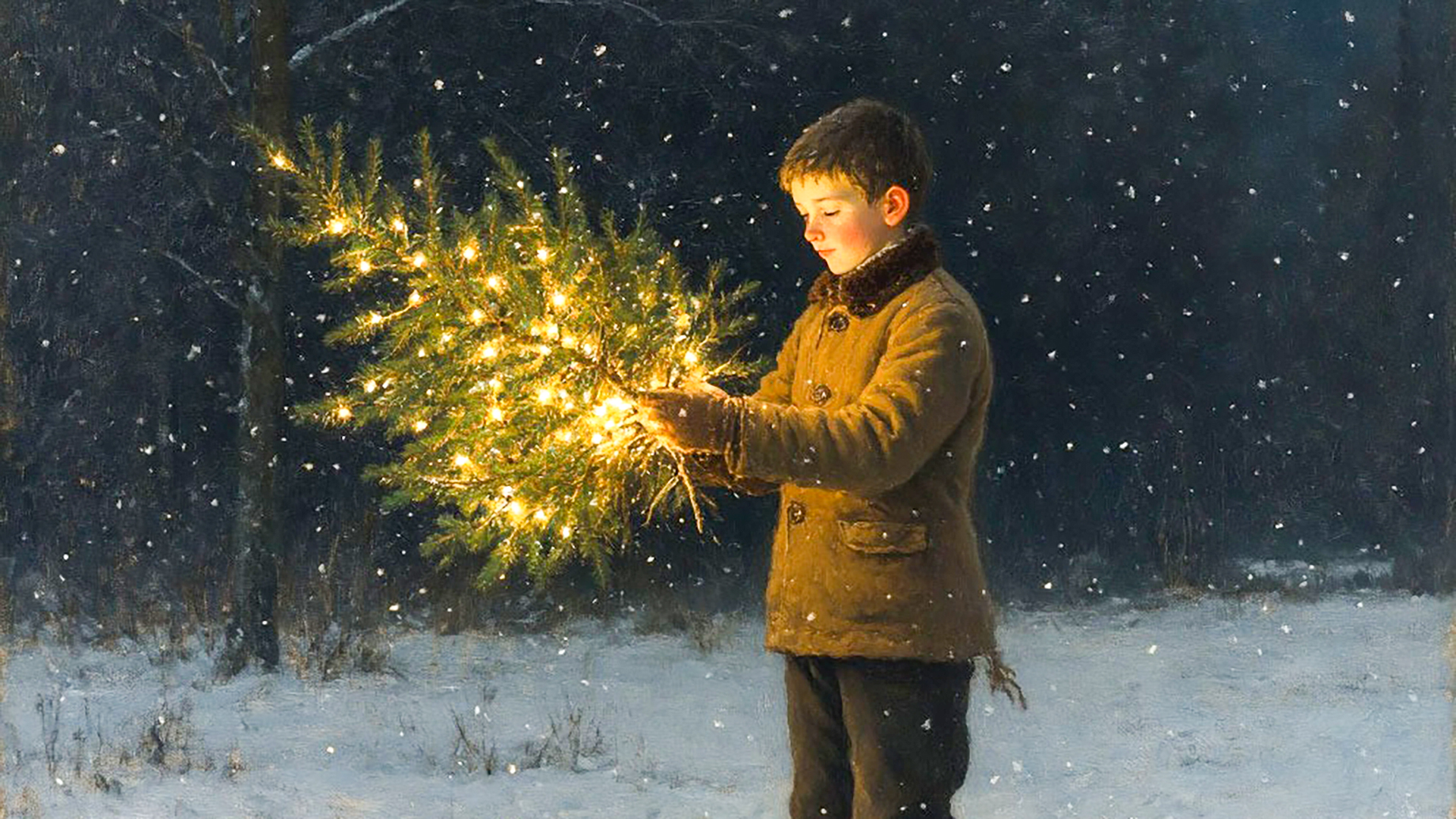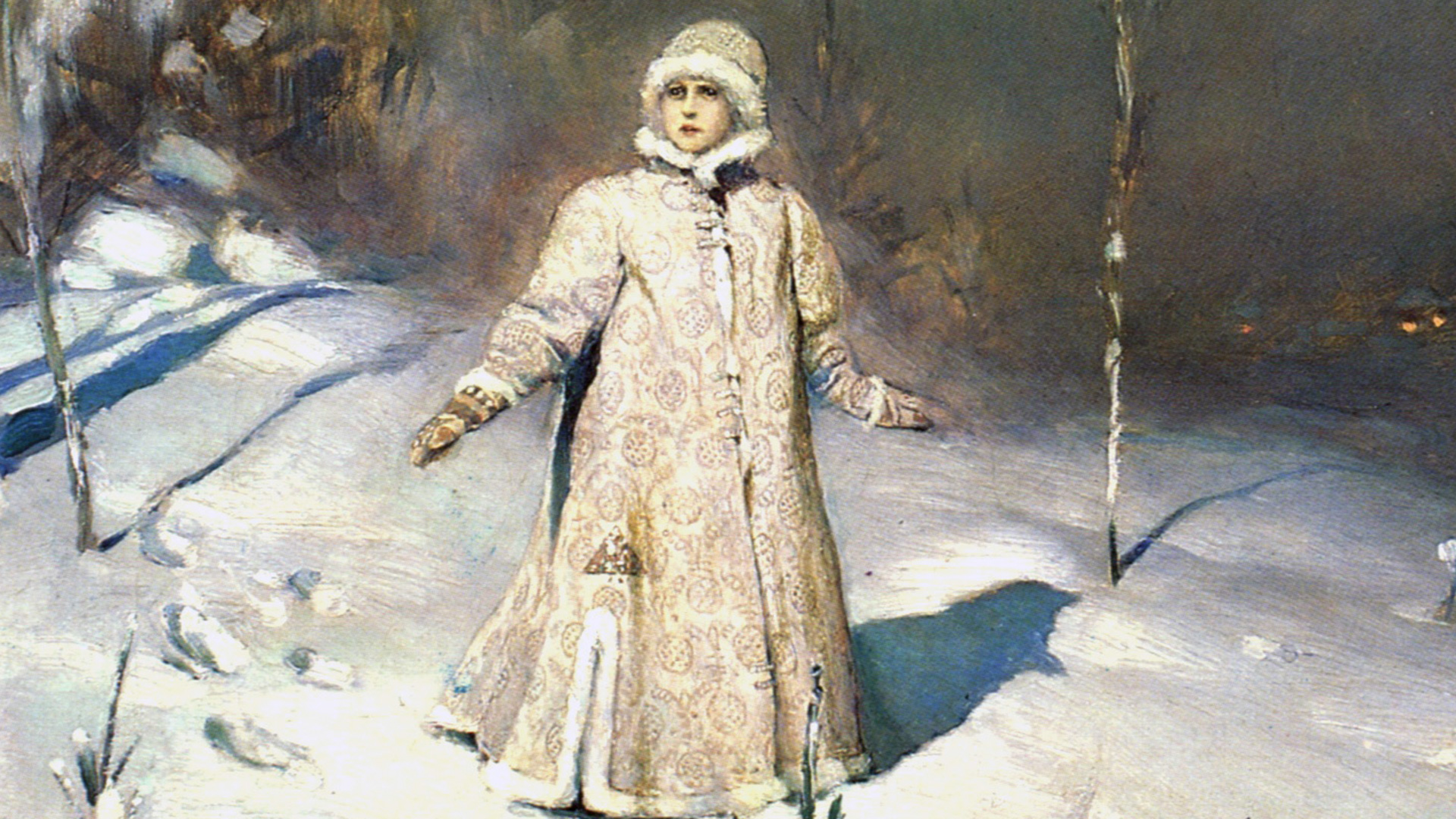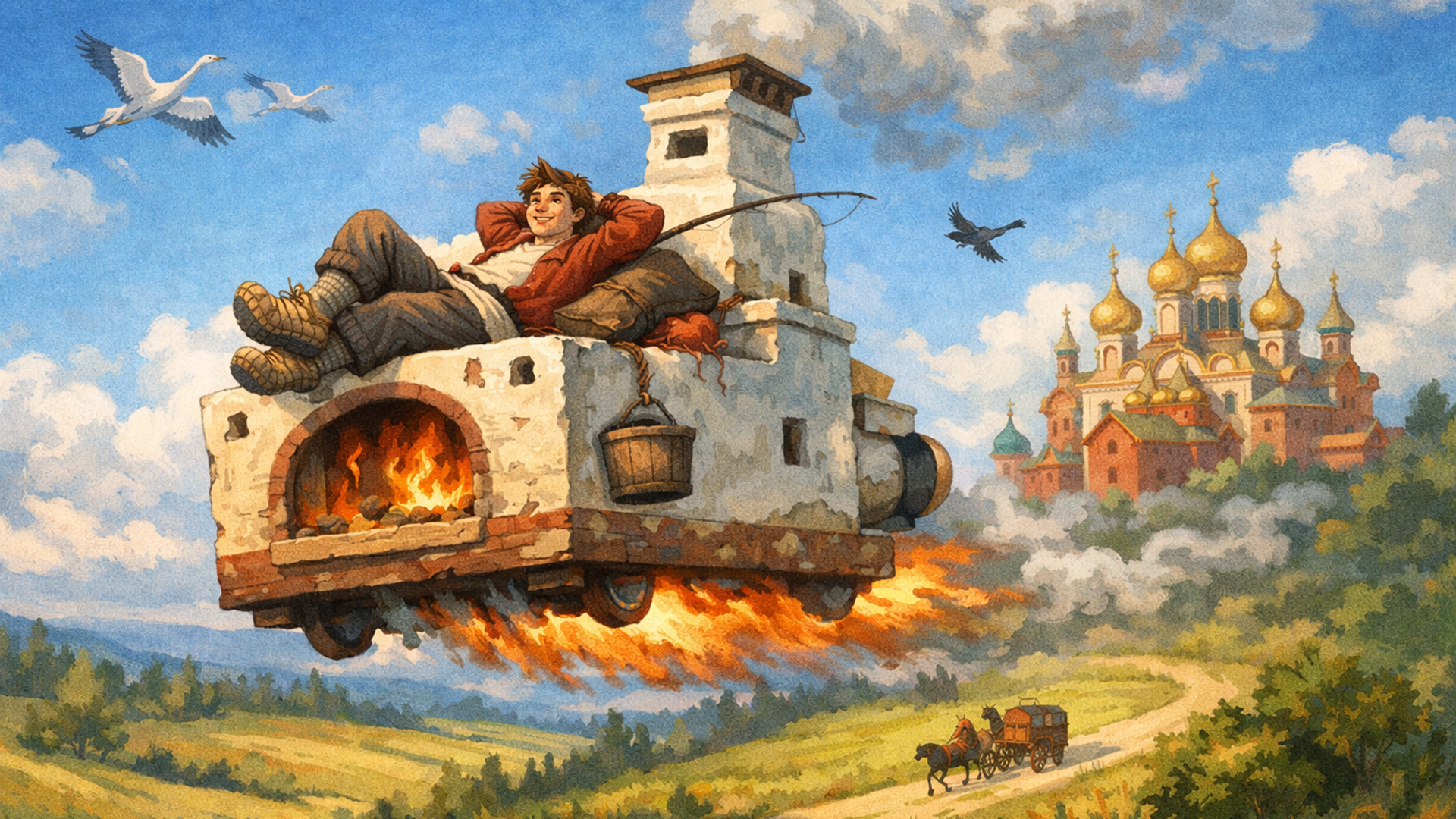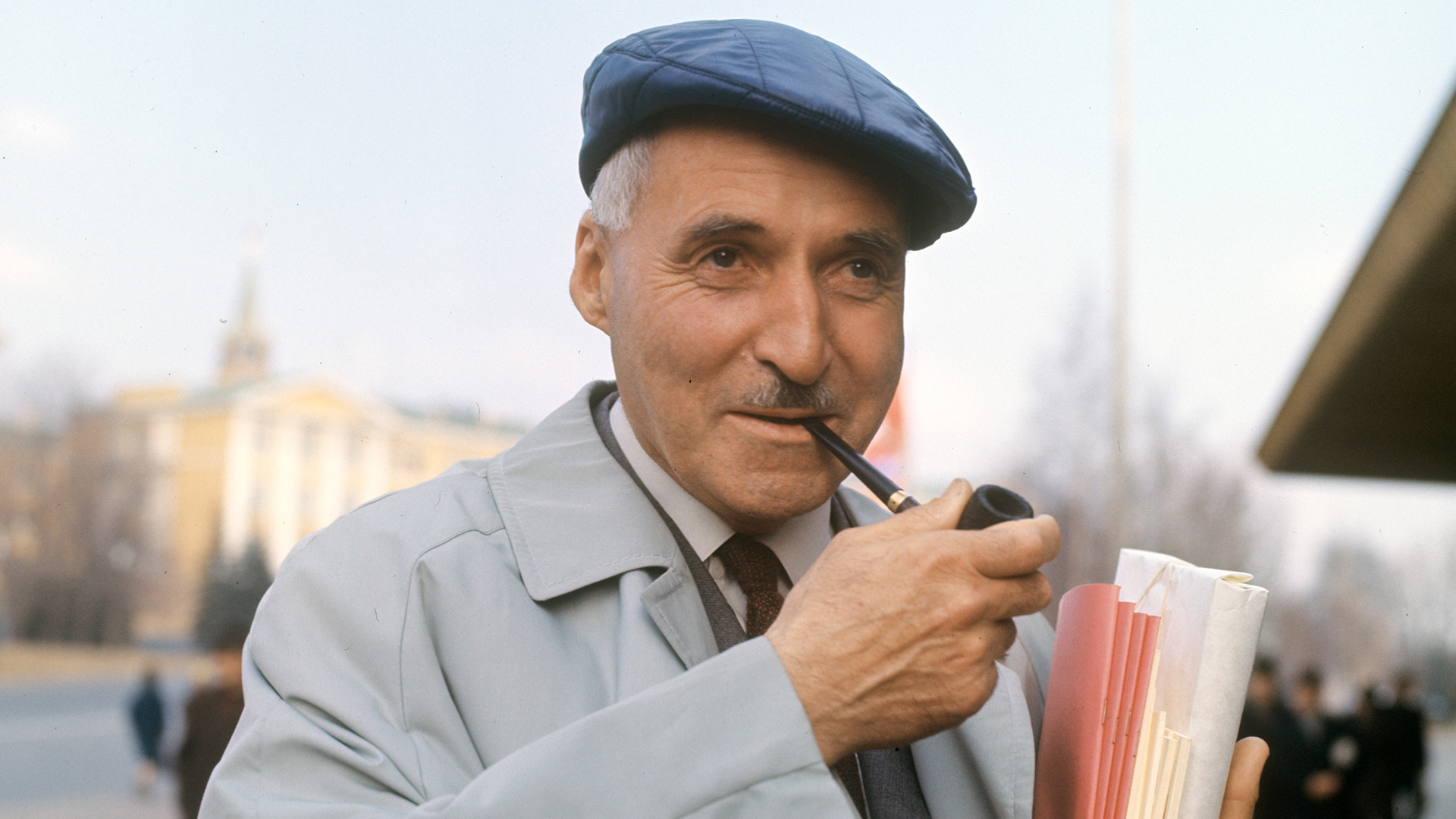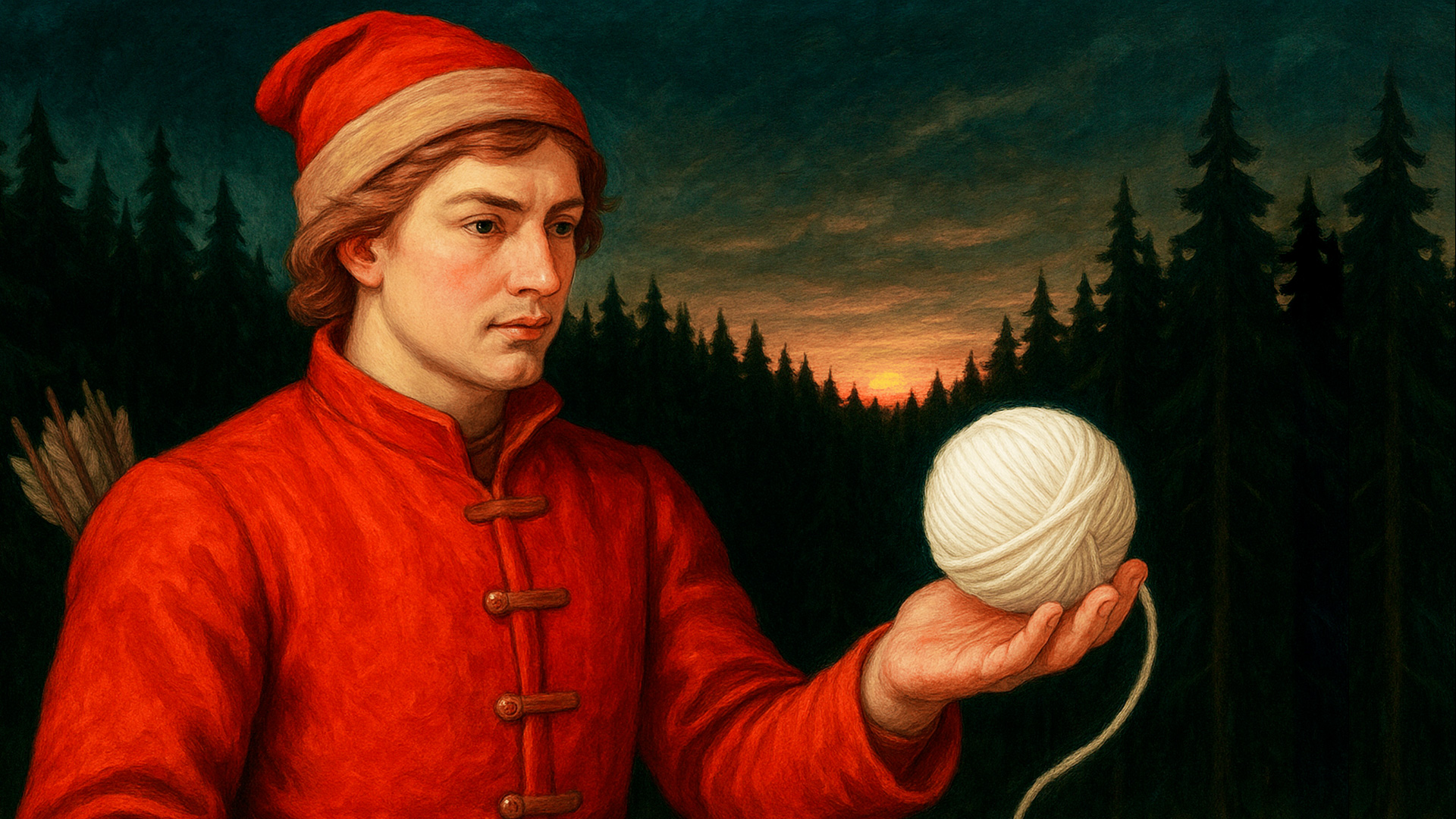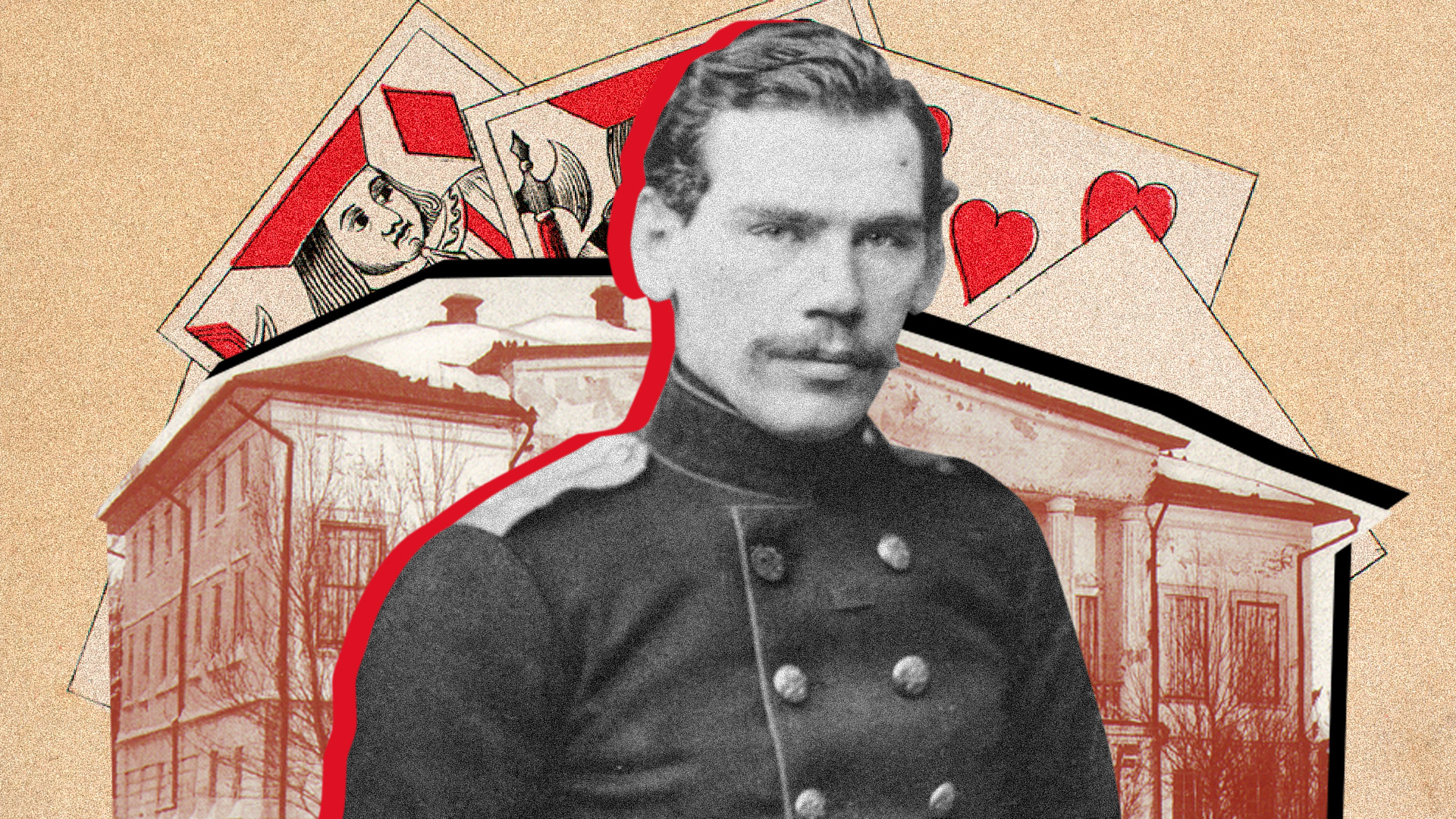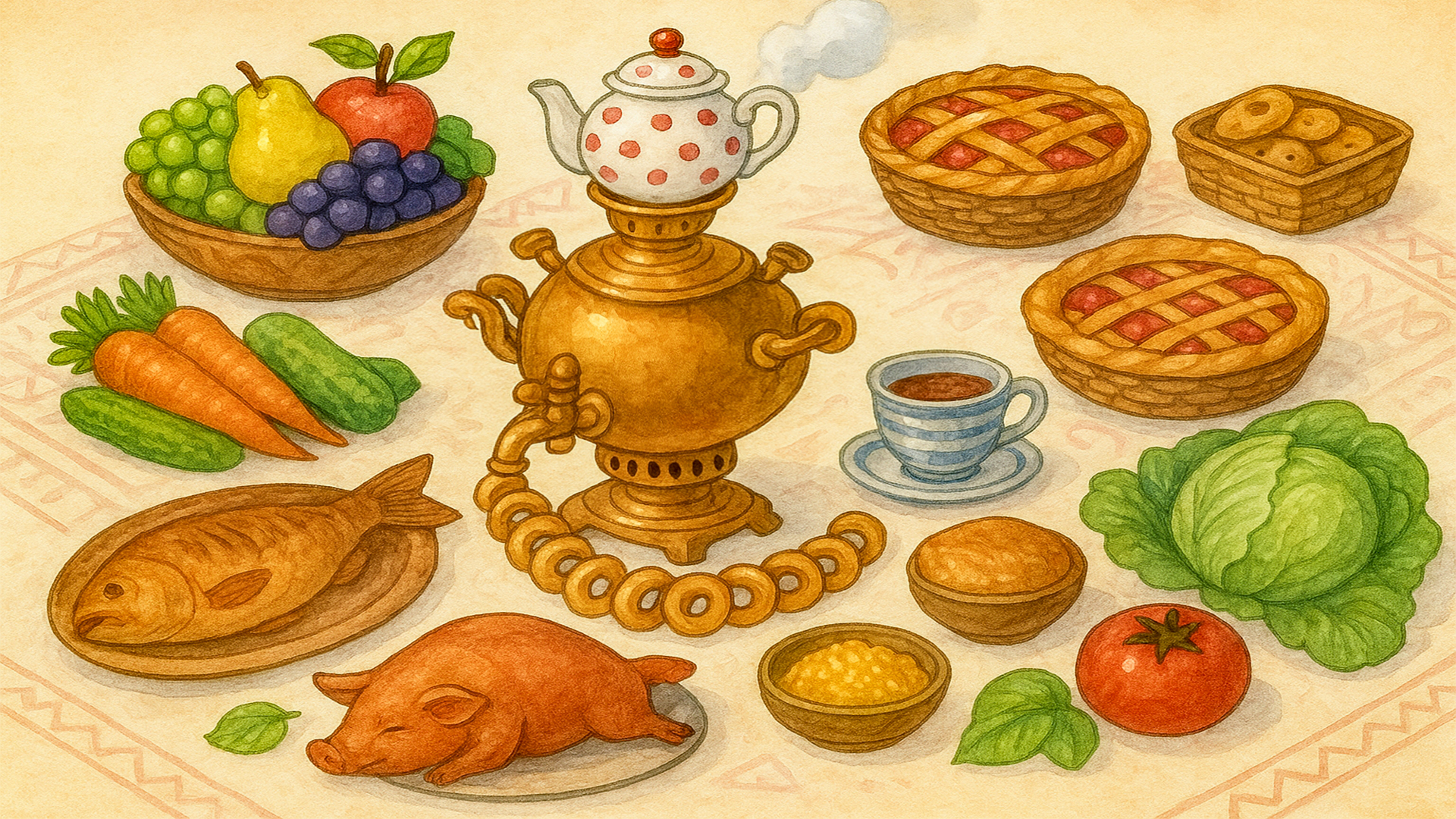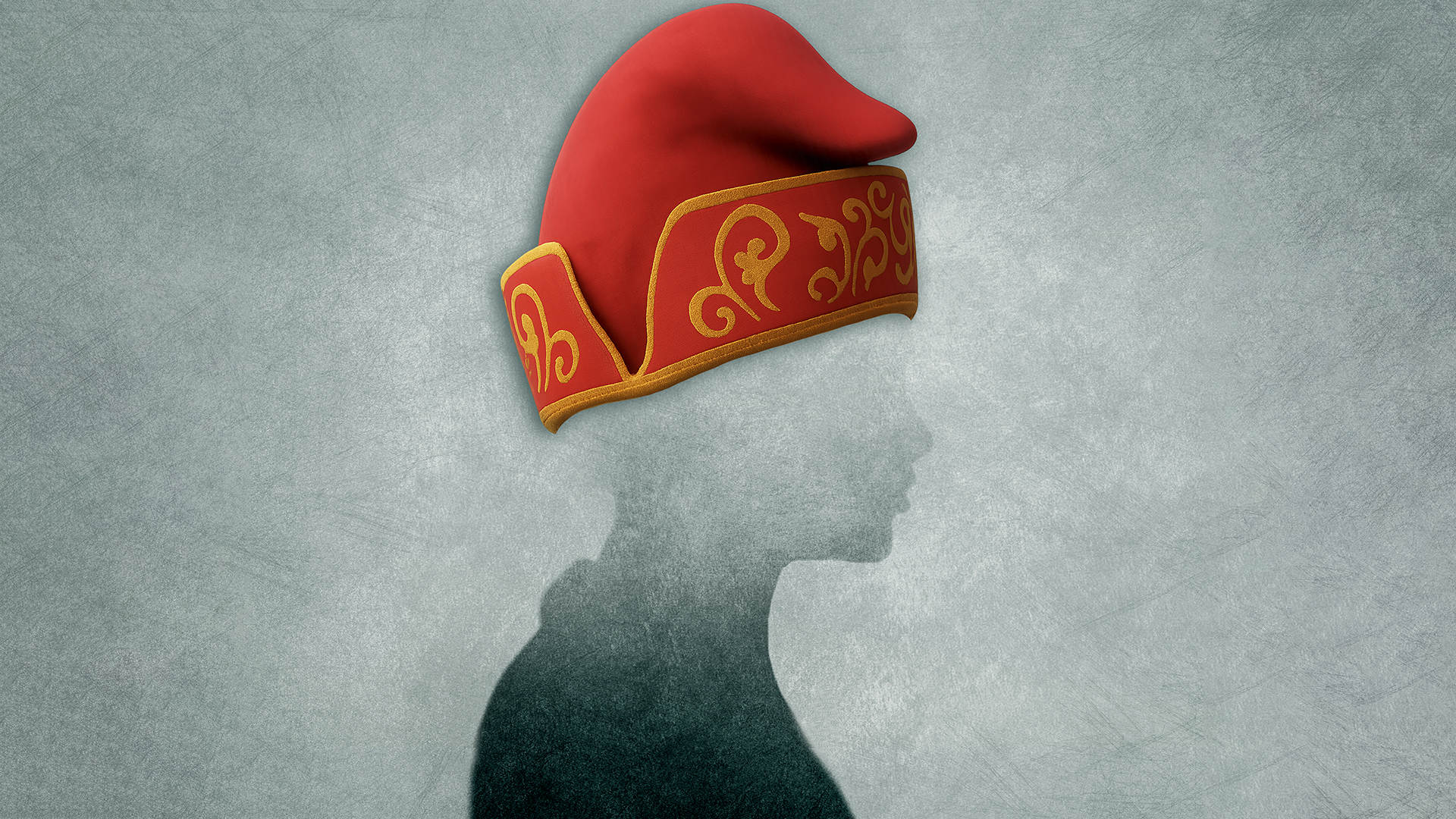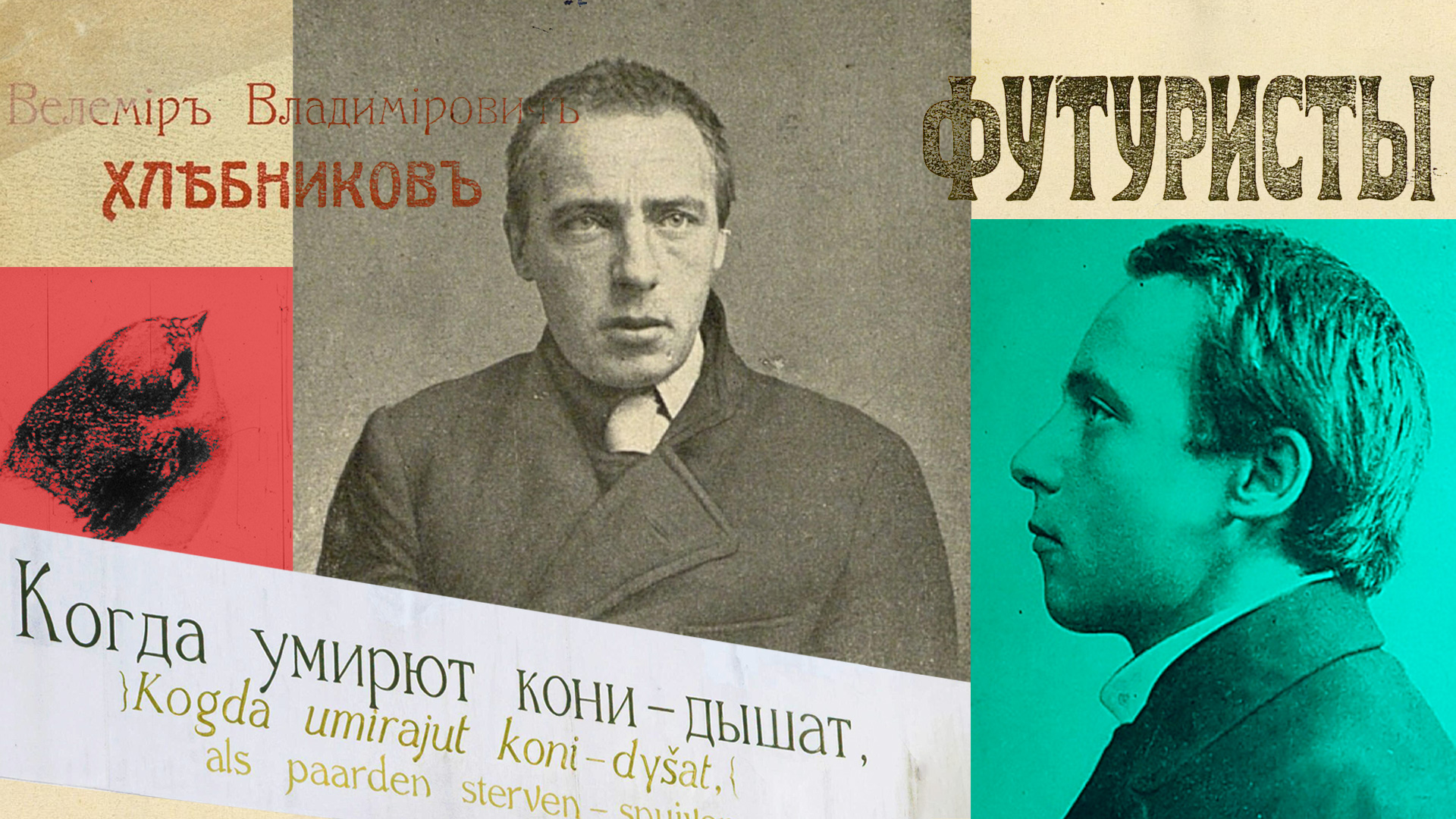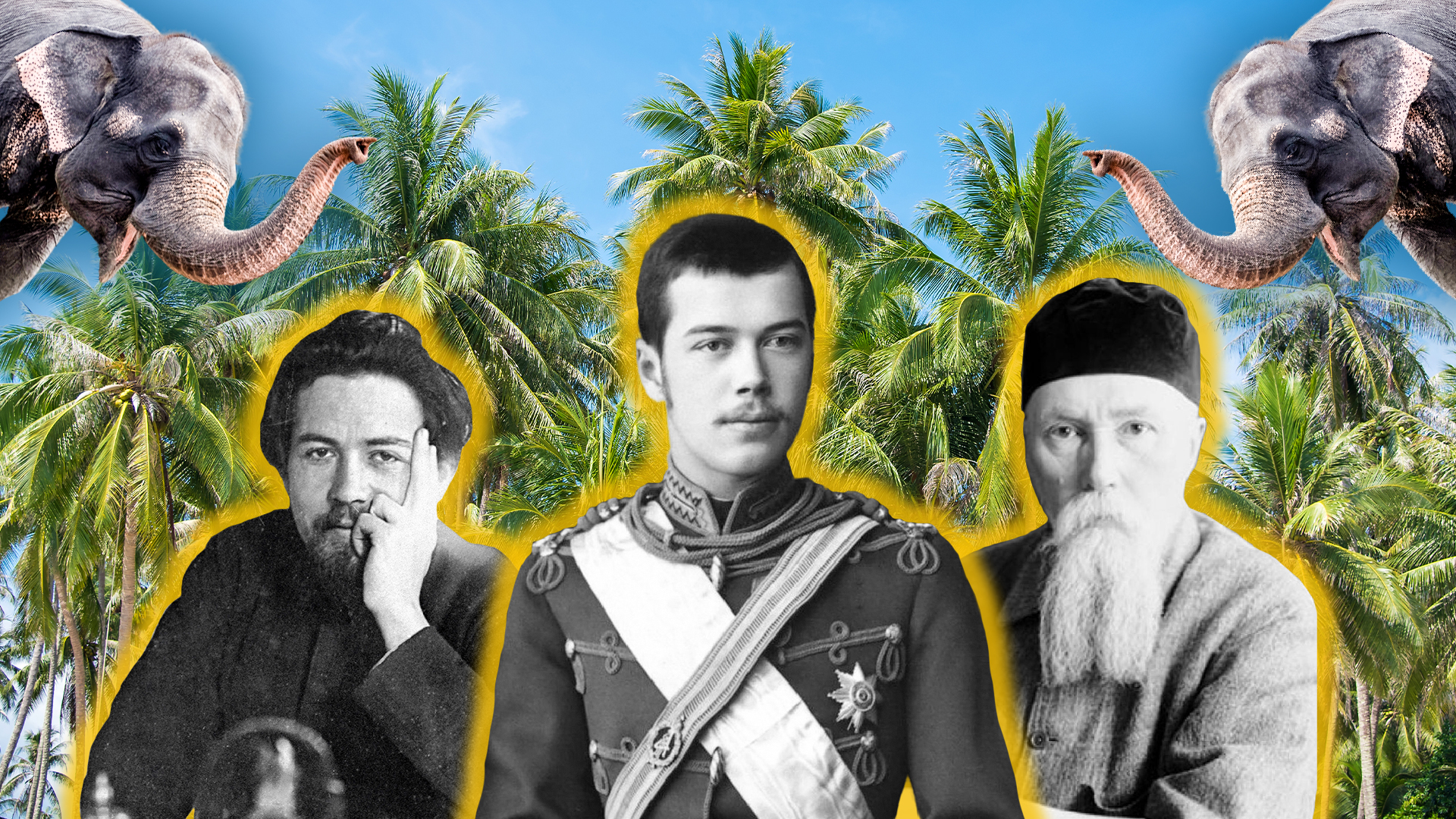
British slavist reveals the SECRET life of Anton Chekhov

We spoke with Donald Rayfield, a British literary scholar, Slavist, doctor of philosophy, professor at Queen Mary College, University of London, author of the books ‘The Life of Anton Chekhov’ and ‘Stalin and His Henchmen’, who shared some interesting details in the biography of the Russian classic writer.

About communication
Chekhov was an excellent psychologist and easily communicated with people. He knew that you need to listen more than talk. This not only attracted attention, but also inspired trust. But, there were exceptions. For example, he did not get along well with aristocrats and officials, so he did not feel comfortable in St. Petersburg. He felt the city’s snobbery: they looked at him as a provincial doctor.
Chekhov, of course, was a man of the Moscow region and Taganrog. There, he felt free.
At the same time, acquaintances noted that Chekhov was elusive in communication. He did not answer questions, he asked them. He did not like to pontificate. He gave advice, but he did not like certain topics. He did not talk about politics, his personal life or illnesses. So, communication with him was pleasant for some, but not entirely free.
Chekhov gladly received people, when he invited them himself. But, he did not like unwanted guests.
The writer got along well with servants, both at home and in hotels. Because of this, the servants loved him very much. He treated the bellhops at the Slavic Bazaar as equals and never in a condescending manner. He got along with the actresses and they were some of the freest women in Russia at that time, often intelligent. Some had tragic fates. So, he tried to help them. Although, if they played badly in his plays, then, of course, he got angry. He also got along with his fellow doctors, provided that they did not examine him. It is, however, interesting that, when Chekhov died, the most meager obituary appeared in the ‘Russian Doctor’ newspaper. It was written something like this: "He wrote interesting stories based on medical experience." That's it! So, it turns out, not all doctors liked Chekhov. He himself realized that he had bad manners. He was restless and liked to eat standing up. But, he did not like formalities. At the same time, if you look at the photographs, you can see that he had taste in clothes. He was a tall, handsome man, dressed well and liked to please women. But, this was part of his pose. He knew how to present himself.

About relationships with women
Chekhov advised women on how to cope with an unhappy marriage: Do not tolerate your husband's antics, be independent. And have enough courage to leave when you need to leave.
At the same time, his own relationships with women were complicated. He felt good with unfamiliar ladies from brothels, but did not love them. And he did not feel lust for the women he loved or admired.
Other people's marriages, parents, friends, also played an important role. Many of his male friends complained about their wives: either they were boring or they cheated. So, in effect, he was surrounded by unhappy, married men. And he realized that you do not need to tie yourself down for life. In his youth, he thought that if you have many mistresses, they are not dangerous.

It was only after meeting Olga Knipper did he realize that he had met an intelligent, independent woman. In this sense, Knipper was Chekhov's revenge for all the women he had abandoned. His life with her was far from a bed of roses. It was essentially a partnership marriage: the most beautiful and bright theater actress and the brightest writer. For several years, this union tied him to the theater.
Knipper had a strong will. Chekhov was in Yalta and she would not give him her Moscow address. This way, he did not know where she was. So, he wrote to her at the theater. At the same time, her relationships with other men continued, which was known to everyone in their circle. The folklore of the Moscow Art Theater, where she worked, is interesting in this regard. This is something unprintable! I have been waiting for half my life for the theater to open its archives. I have never heard of such a thing about any English actress. So, Olga Knipper is a force."

About charity
Chekhov spent his entire life helping his brothers and nephews, giving money to children on the street, and saving illegitimate children from orphanages. I don’t know a single Russian writer who did as much for the happiness of the people around them. Although, he was often exploited, especially by his brothers. He also helped build schools, bridges and so on. If Tolstoy helped humanity, then Chekhov helped man.
At the same time, Chekhov was irritated by children in his immediate vicinity. And with animals, too, everything was not so clear-cut. There is a photograph, in which Chekhov is petting dachshunds. But, he abandoned these dachshunds in Melikhovo, where they were sent to a common kennel and died. He sometimes made very tough decisions to get rid of a person or animal that had become a burden for him. He gave his mongoose to the zoo, although shortly before that, he dubbed the zoo "a cemetery for animals". Because the mongoose bites and destroys the order in the office. Some women complained that he did the same with them.

About hobbies
Chekhov was a very good gardener. His garden in Yalta was brilliantly planned. It is obvious that he had the talent of an artist. At the same time, he was constantly looking for new plants and was engaged in acclimatization. On his desk lay French catalogs of hothouse plants, not collected works of colleagues. I think that when he planned a story, he wrote it in the same way as he planned a garden: no introduction, no denouement and the plot often has a circular structure. Chekhov the gardener had a huge influence on Chekhov the writer.
He also loved the church, church singing and monks. But, he told everyone he was not a believer. Even his religious prose, such as ‘The Student’ or “The Bishop”, is a view from the outside. He looks at his characters, admires and knows the sacred texts, but does not participate.


